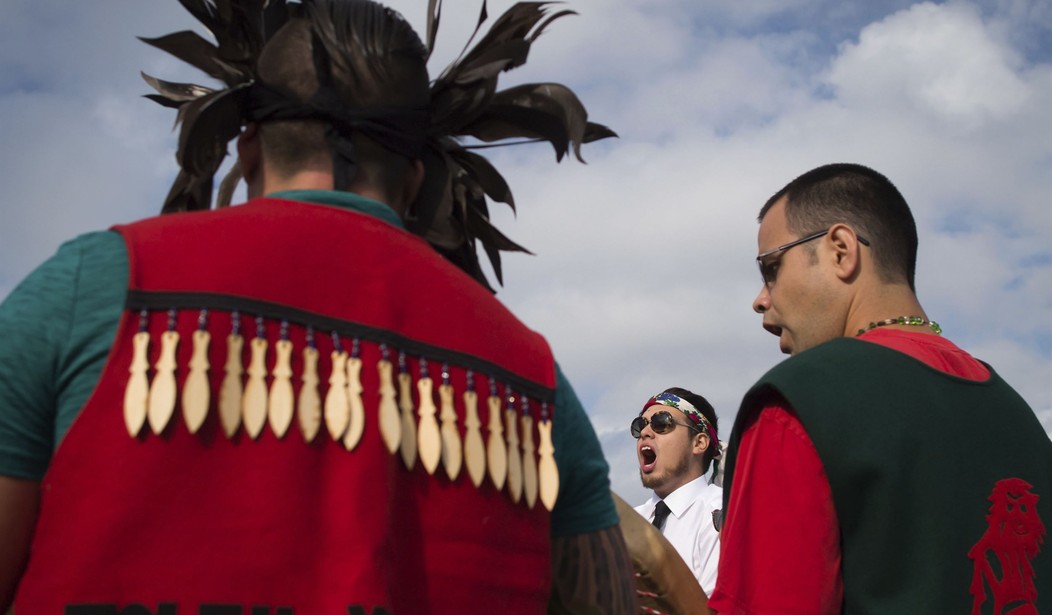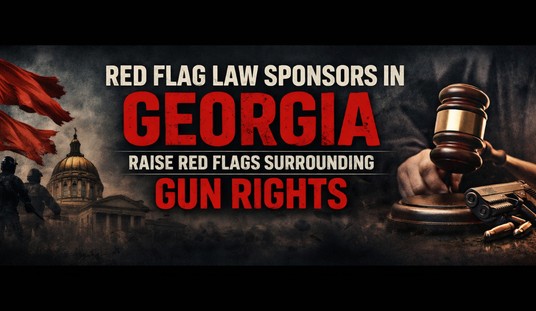The First Nations people of Canada, what we’d call Native Americans down this way, have had a rough go of things historically. Neither the United States nor Canada has a great track record when it comes to these folks. A lot of folks don’t realize just how bad some of that treatment has historically been.
Yet in Canada, they seem to favor many of the same policies that the progressive leadership of the country supports. Then again, they may value getting free stuff from the government primarily because they figure their ancestors kind of earned it for them. It’s not universal, by any means
There’s one place, though, the First Nations folks diverge significantly from the government.
For the rest of Election 44, the National Post will be sharing insights from Polly, an artificial intelligence engine developed at the University of Ottawa that was the only pollster to correctly predict the results of the 2019 election. Unlike typical polls, Polly gauges public opinion through constant computer analysis of public social media posts: If you’ve ever posted something political to Facebook, Twitter or Instagram, you’re probably part of Polly’s dataset. Today, a look at how First Nations Canadians are approaching Election 44.
Polly has identified a dataset of roughly 1,500 First Nations social media users, meaning that the user has at one point explicitly posted about their Indian status or their membership in a First Nation.
There are more than a dozen other demographics identified by Polly, including teachers, journalists, political staffers, parents and even Canadians hesitant to take the COVID-19 vaccine.
…
However, First Nations broke with the mainstream on any number of issues typically considered progressive.
Not a single First Nations social media post about gun control was positive, and 62 per cent were explicitly negative.
So not a single social media post presented a positive comment about gun control, at least by those identified as being First Nations people. It’s entirely possible that the majority actually support gun control but, for whatever reason, opted not to mention they were First Nations on social media.
It’s possible but not likely.
Frankly, though, it’s not surprising. Imagine you’re a population who figures your land was systematically taken from you as you were herded onto smaller and smaller parcels, at least until something of value was found there, then you were kicked off for somewhere else. You’re the target of racism by many people even today, but the government has screwed your people over more times than you care to count.
Now, if you were in those shoes, would you trust the government to respect your rights if you gave up your firearms? Probably not.
And let’s remember, indigenous people in Canada get at least some exemptions from current gun bans. Still, they’re less than trusting of the Canadian government, it seems.
That’s interesting in so many ways, but it shouldn’t be surprising.
I mean, I’m a straight white man, the group that has the least history of being oppressed, and I don’t trust the government. Why should anyone who thinks the government has screwed them over for centuries? It makes absolutely no sense.
Now, the question is whether that lack of support is enough to change policies in Canada or not. Personally, I’m skeptical. First Nations people make up about four percent of the Canadian population. That’s not a huge block of any electorate. Will liberal politicians feel the need to court them over other groups that support gun control? It seems unlikely.
Plus, there’s no need. Gun rights didn’t seem to be a top concern for the First Nations folks, so it’s unlikely it’ll be a driving force for many voters. That means Canadian liberals can safely ignore them on the issue of gun control and still trust they’ll get a good percentage of their votes.
Still, it’s interesting, to say the least.







Join the conversation as a VIP Member